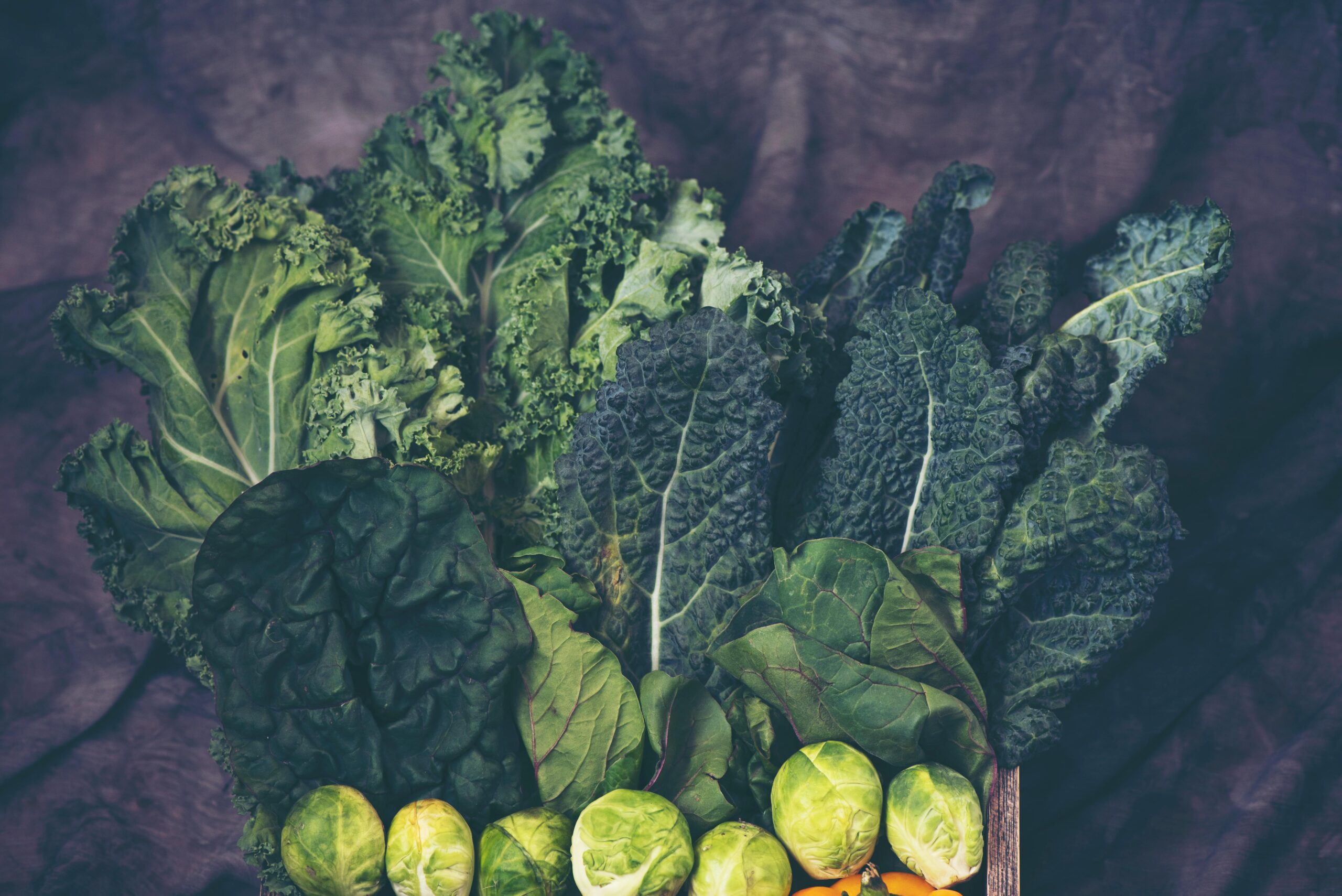Hydroponic gardening, a method of soilless farming, has been gaining popularity due to its numerous benefits. We get it, it’s new, and it vastly changes how we view gardening. Because of this, there are many myths and misconceptions surrounding it. Let’s debunk some of the most common myths about hydroponic gardening and we can see if Hydroponics might be right for you. These are the 10 biggest hydroponic gardening myths today.
Hydroponic Gardening Myth 1: Hydroponic Gardening Is Too Expensive
Debunked: While it’s true that the initial setup costs for your hydroponic system can be higher than traditional soil gardening, the long-term savings often outweigh these initial investments. With proper planning, you can set up a hydroponic system on a budget using DIY methods and affordable materials. Additionally, hydroponic systems often lead to higher yields and faster growth, which can result in cost savings over time. All these considered, you can also grow your favorite food year round, saving you money at the grocery store (DAMN INFLATION!!). Regardless of your method, you will save on your grocery bill!
Hydroponic Gardening Myths 2: Hydroponic Vegetables Are Not as Nutritious
Debunked: I hear this one a lot. The nutritional content of hydroponic vegetables depends on the nutrient solution used. By providing plants with a balanced and carefully controlled nutrient mix, hydroponic systems can produce vegetables that are just as healthy, if not more so, than those grown in soil. That means because hydroponic plants often grow faster and more robustly, they can contain higher levels of certain vitamins and minerals. You just simply can’t compare something that is grown and nurtured by yourself compared to something that is harvested for monetary gains halfway across the globe.
Hydroponic Gardening Myths 3: Hydroponic Gardening Is Only for Experts
Debunked: What’s that saying? Everyone was a newbie at some point. While some advanced systems require more knowledge and experience, there are many simple systems, such as the Wick system, Kratky method, or a counter top unit (see our top 3 here), that are easy to set up and maintain. With the wealth of resources available online and in books, anyone with an interest in hydroponics can learn the basics and start their own garden. Think of it this way, we were all beginners once! I skipped outdoor gardening and went straight to hydroponics because of my limited space. Also you can purchase made for you systems and start growing right away!
Hydroponic Gardening Myths 4: Hydroponic Systems Are Prone to Failure
Debunked: Like any form of gardening, hydroponic systems can face their challenges, but they are not inherently prone to failure. By monitoring key factors such as pH levels, nutrient concentrations, and water quality, you can maintain a healthy hydroponic garden. Many hydroponic systems also have built-in redundancies to prevent issues such as water pump failures from causing significant problems. Remember, traditional gardens have their own challenges as well (pests etc).
Hydroponic Gardening Myths 5: Hydroponic Plants Taste Different
Debunked: The taste of hydroponically grown plants is influenced by the same factors that affect soil-grown plants, such as genetics, ripeness at harvest, and the growing environment. Many gardeners report that hydroponically grown plants have a fresher and more intense flavor, likely due to the precise control over nutrients and growing conditions. (TASTIER, HEALTHIER CROPS). Source.
Hydroponic Gardening Myths 6: Hydroponics Is Harmful to the Environment
Debunked: Hydroponic gardening can be more environmentally friendly than traditional soil gardening. Hydroponic systems use less water because they recirculate it, reducing waste. Additionally, because they often require less space, they can reduce the need for land clearing. Hydroponic gardening can also reduce the use of pesticides and herbicides, leading to a cleaner growing environment. This was a pleasant surprise to me. An eco friendly way to grow my own veggies? Yes Please!
Hydroponic Gardening Myths 7: You Can’t Grow Large Plants with Hydroponics
Debunked: Hydroponic systems are versatile and can support the growth of both small and large plants. From leafy greens and herbs to tomatoes, cucumbers, and even small fruit trees, hydroponics can accommodate a wide variety of plant sizes. The key is choosing the right system and providing adequate support and nutrients for larger plants. There really is no limit and this is indeed the gardening of the future.
Hydroponic Gardening Myths 8: Hydroponic Gardening Is Not Natural
Debunked: While hydroponic gardening differs from soil-based methods, it is not “unnatural.” Plants still undergo the same processes as they do in soil, they simply receive their nutrients from a water-based solution instead. Many traditional agricultural practices have also evolved to include various forms of soilless farming, demonstrating its effectiveness and sustainability.
Hydroponic Gardening Myths 9: Hydroponics Is Too Complicated
Debunked: The complexity of hydroponic systems can vary widely. Some systems are highly technical and automated, while others are simple and low-maintenance. Beginners can start with straightforward setups and gradually move to more advanced systems as they gain experience. The basic principles of hydroponics are easy to learn and apply, making it accessible to anyone willing to try. I recommend a countertop unit to start and then go from there.
Hydroponic Gardening Myths 10: Hydroponics Limits Plant Variety
Debunked: Hydroponics allows for the cultivation of a wide range of plants. While it is particularly effective for growing leafy greens and herbs, many other plants, including fruiting vegetables and flowers, can thrive in hydroponic systems. By experimenting with different plants and setups, gardeners can enjoy a diverse and productive hydroponic garden.
Ready to get started? Check out our beginners guide here.
In a nut-shell:
Hydroponic gardening Myths are used to scare you from trying something new, when in fact it offers a easy and efficient way to grow plants, but it is often misunderstood due to various myths. By debunking these myths, we can see that hydroponics is accessible, environmentally friendly, and capable of producing high-quality, nutritious produce.

